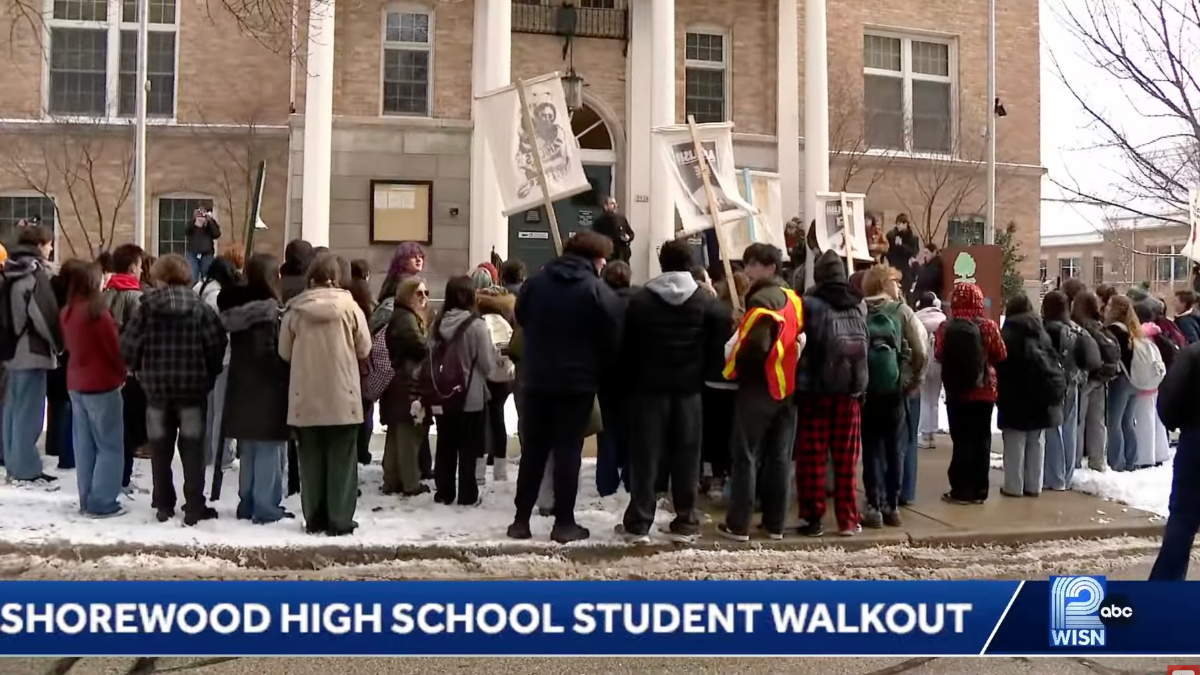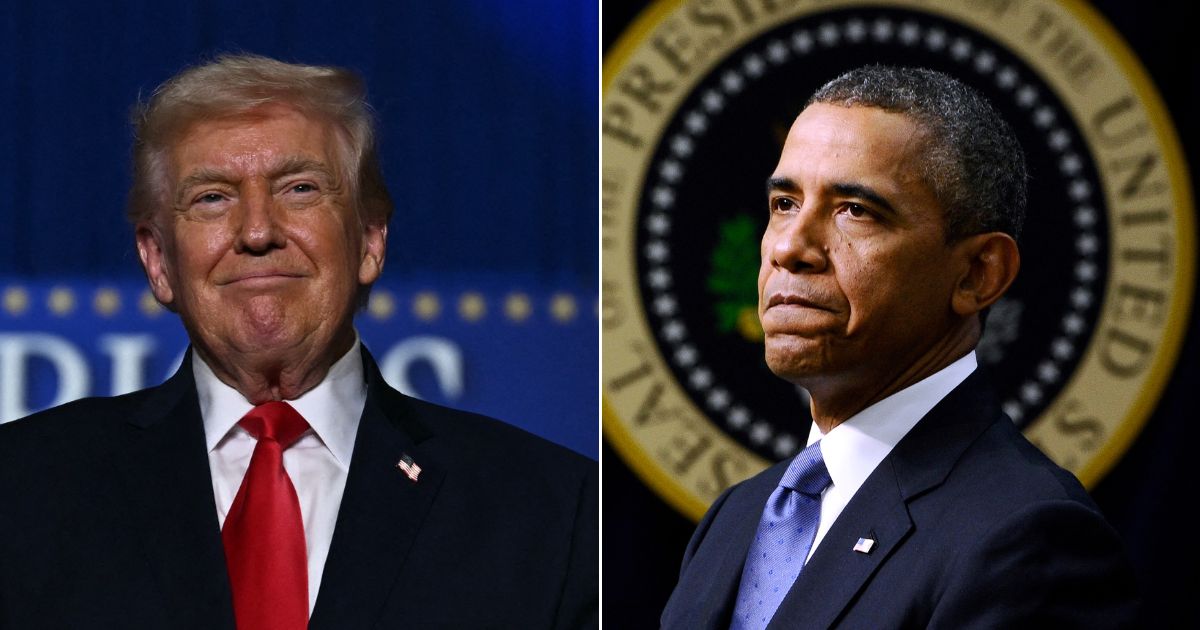Trump’s attack on ‘blue slips’ looms over Senate Judiciary hearings
The article discusses escalating tensions in the Senate Judiciary Committee as it prepares for hearings on judicial and U.S. attorney nominations following the August recess.Central to the conflict is President Donald Trump’s criticism of the Senate’s “blue slip” tradition-a long-standing, informal practise that gives home-state senators the power to block federal judicial and prosecutorial nominees by withholding approval. Trump argues this tradition is being used as a partisan tool to obstruct his nominations, threatening to sue the Senate over its enforcement, though legal experts consider such a lawsuit unlikely to succeed given precedent.
Senate Judiciary Chairman Chuck Grassley and other Republicans oppose ending the blue slip process, emphasizing its role in ensuring nominees have sufficient support and noting Republicans have used it themselves to block nominees under former president Biden. Experts highlight that GOP senators value the leverage it gives them in controlling appointments within their states, making it improbable they will abandon the practice despite Trump’s pressure.
The article also highlights specific nomination battles, such as the case of alina Habba in New Jersey, where courts have blocked attempts to bypass the blue slip system, possibly setting up a constitutional clash that could reach the Supreme court. Simultaneously occurring, despite many openings, the Senate has only confirmed a few of Trump’s nominees, contrasting sharply with his first term when confirmations were swifter.
the ongoing dispute underscores deep divisions over Senate traditions and the balance of power in judicial appointments, with Republicans reluctant to relinquish a tool that reinforces their influence, even as Trump pushes for change amid growing frustration over stalled confirmations.
Trump’s attack on ‘blue slips’ looms over Senate Judiciary hearings
The Senate Judiciary Committee will reconvene after the August recess this week for two days of hearings on judicial and United States attorney nominations amid tensions spurred by President Donald Trump and his growing frustrations with a tradition that is holding up the confirmation of key nominees.
The so-called blue slip process allows home-state senators to effectively veto nominees for federal judgeships, U.S. attorneys, and U.S. marshals who would serve in their jurisdictions. While not a formal rule, the tradition has been honored under both Republican and Democratic administrations, making it one of the most entrenched customs in the Senate’s confirmation arsenal.
Trump contends blue slips are being abused as a tool of partisan obstruction. “You just need one Democrat senator” to shut down a nominee, Trump told reporters in the Oval Office last week. “[T]he only person I can get approved are Democrats or maybe weak Republicans.”
The spotlight could move toward a constitutional clash, as Trump threatens to sue the Senate over its use of the century-old blue slip tradition. Such a move could trigger a separation-of-powers showdown, though one that some legal experts say could be fruitless due to years of precedent preventing such lawsuits.
“If they actually sue, they’re going to look really stupid,” said Carl Tobias, a law professor at the University of Richmond. “There’s a lot of Supreme Court precedent cutting the other way on this — federal courts have made clear that internal Senate procedures can’t be challenged by the executive. I think Trump was just blowing smoke.”
Judiciary returns amid tension
The Senate Judiciary Committee is set to hold back-to-back sessions this week. On Wednesday, the panel will interview six judicial nominees, including Jennifer Mascott, for a vacancy on the 3rd U.S. Circuit Court of Appeals, alongside district court candidates from Alabama and Mississippi — states where Republican senators have returned blue slips in support.
On Thursday, the committee will vote on 12 additional nominees, including appellate picks for the 1st and 9th Circuits and eight U.S. attorney nominations for Iowa, Florida, West Virginia, and elsewhere.
Absent from the agenda are nominees from blue states, where Democrats have refused to return blue slips.
While it’s not clear whether lawmakers plan to discuss Trump’s complaints, experts, including Tobias, said it’s possible the senators could discuss the blue slip process during the next two days of hearings before the committee.
Trump threatens lawsuit, but GOP holds the line
Trump has pressured Sen. Chuck Grassley (R-IA), the Republican chairman of the Judiciary Committee, to end the practice, arguing that it unfairly empowers opposition senators to block executive branch priorities.
But Grassley has firmly resisted calls to abandon blue slips, noting that Republicans used the same mechanism to block former President Joe Biden’s nominees, in some cases preserving vacancies that Trump is now attempting to fill.
“As chairman I set Pres Trump noms up for SUCCESS NOT FAILURE,” Grassley posted recently on X. He emphasized that without blue slips, nominees lack the votes to clear committee or the Senate floor.
Other Republicans have backed him. Sen. Thom Tillis (R-NC) called Trump’s push “a terrible, short-sighted ploy,” warning that ending the tradition could come back to haunt the GOP.
Tobias said Republicans have little interest in giving up blue slips, partly because they still rely on them to shape who fills federal posts in their states.
“Some of the most vociferous proponents of the blue slip tradition are Republicans,” Tobias told the Washington Examiner. “It gives them real influence over appointments, even under a president from their own party.”
GOP senators may want to keep their ‘own power’
Former federal prosecutor Bill Shipley similarly told the Washington Examiner that Republicans are unlikely to back Trump’s demand to end blue slips, since the practice empowers them as well.
“You’re not going to get the 53 GOP senators to change the rules,” Shipley said. “Because it takes their own power away to dictate who are the U.S. attorneys and district court nominees in their own states.”
That leverage has long been sacrosanct in the Senate. Shipley pointed to longtime examples of home-state senators exercising near-total control over appointments — such as the late Democratic Sen. Robert Byrd in West Virginia or Sen. Mitch McConnell (R) in Kentucky.
“The problem now is that in states like New Jersey, Democrats aren’t even willing to offer up a Republican they can live with,” Shipley said.
And it’s not just Democrats. “If the Trump White House were to nominate a MAGA-aligned U.S. attorney for North Carolina,” Shipley added, “[Tillis] would likely refuse the blue slip.” That internal tension, he said, makes it unlikely that the GOP will unite behind Trump’s push to dismantle the system entirely.
Habba battle could reach Supreme Court — with unpredictable results
The administration’s most contentious clash over blue slips could eventually reach the nation’s highest court, although some experts believe the administration may face headwinds.
In New Jersey, federal judges refused to extend Habba’s interim appointment after her 120-day term expired. Attorney General Pam Bondi tried to reinstall her using the Federal Vacancies Reform Act, but U.S. District Judge Matthew Brann of the Middle District of Pennsylvania blocked the maneuver, ruling it unconstitutional.
A similar fight is underway in the Northern District of New York, where Trump’s pick, John Sarcone, was blocked after judges declined to extend his term. In both cases, Bondi used administrative maneuvering to keep Trump’s selections in office.
Habba’s case is now on appeal before the 3rd Circuit, with briefs scheduled through October. Depending on the outcome, the Supreme Court could be asked to determine whether district judges or the executive branch has final say over interim prosecutorial appointments.
Tobias, who reviewed the district judge’s opinion, called it “very strong” and noted the judge who issued the ruling had conservative leanings despite being an Obama-era appointee. “It was a well-reasoned decision,” Tobias said, adding that pursuing the Habba case as a test vehicle could backfire for the administration. “The court laid out why the move violated both the Constitution and statutory appointment rules.”
Tobias also warned that similar appointment fights are brewing elsewhere, including in Nevada and California, where federal public defenders have begun challenging the legality of unconfirmed interim prosecutors. “If this becomes a nationwide phenomenon, it could grind parts of the criminal docket to a halt,” he said.
The fight ahead
While blue slips have stalled some nominations, Trump has secured four opposing-party blue slips for U.S. attorney picks so far. Still, a White House spokeswoman accused Senate Democrats of mounting “historic obstruction” against the president’s second-term agenda.
Meanwhile, Shipley said Senate Majority Leader John Thune (R-SD) and other Republican senators may focus on reforming Senate floor procedures, such as the 30-hour debate requirement for each nominee, rather than attempting to undo the blue slip practice altogether.
“The problem with filibustering every nomination is it requires 30 hours of debate per nominee,” Shipley said, “and nothing else can happen in the Senate while that debate goes on.”
Tobias cautiously remarked on that possibility, saying that eliminating procedural tools such as the filibuster or blue slips could do lasting damage. “The more you undercut the Senate’s traditions, the more they come back to haunt you,” he said. “It’s a race to the bottom.”
Despite having dozens of open positions nationwide, the Senate has confirmed just two of Trump’s U.S. attorney picks so far: Jeanine Pirro for the District of Columbia and Jason A. Reding Quiñones for the Southern District of Florida. By contrast, Trump secured Senate confirmation for 85 U.S. attorneys during his first term, while former President Joe Biden successfully confirmed 27 U.S. attorneys with bipartisan support — including blue slips from opposing-party senators.
TRUMP THREATENS TO SUE OVER SENATE ‘BLUE SLIPS’ IN GROWING FEUD WITH GRASSLEY
Absent a miracle that changes Grassley’s position on maintaining the blue slip tradition, Shipley said, the administration may have to return to the more conventional path of compromise.
“At some point,” he said, “they may just have to come up with candidates that opposing-party senators can live with. That’s how it’s always been done.”
" Conservative News Daily does not always share or support the views and opinions expressed here; they are just those of the writer."



